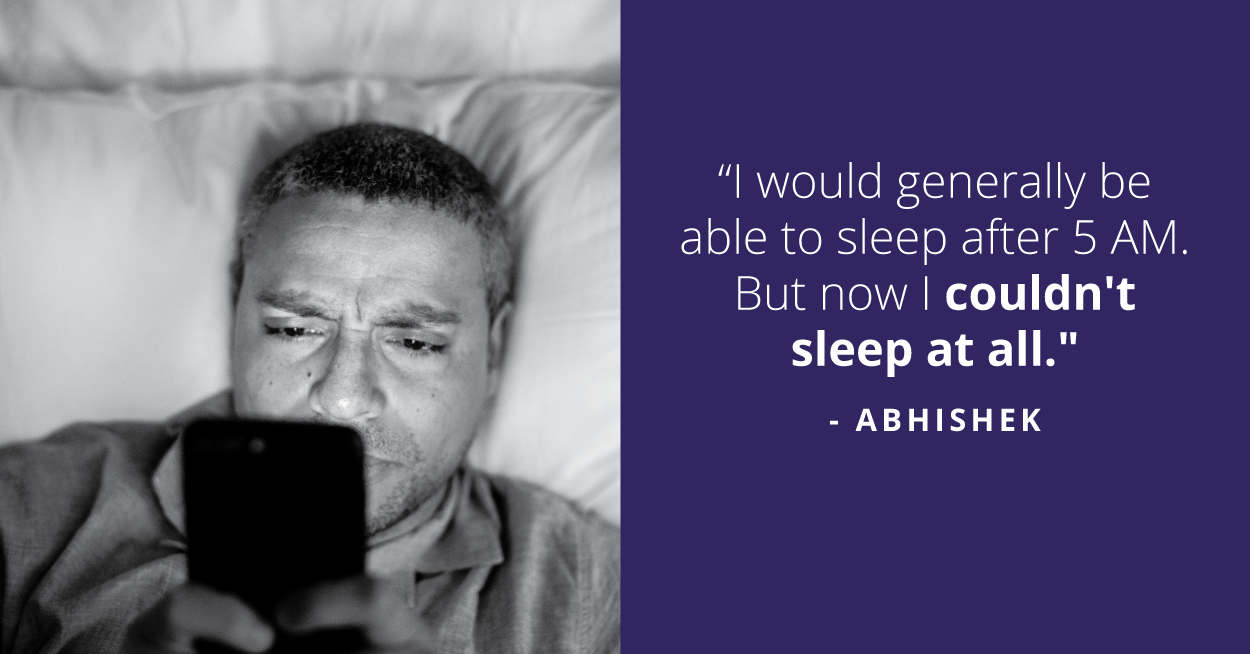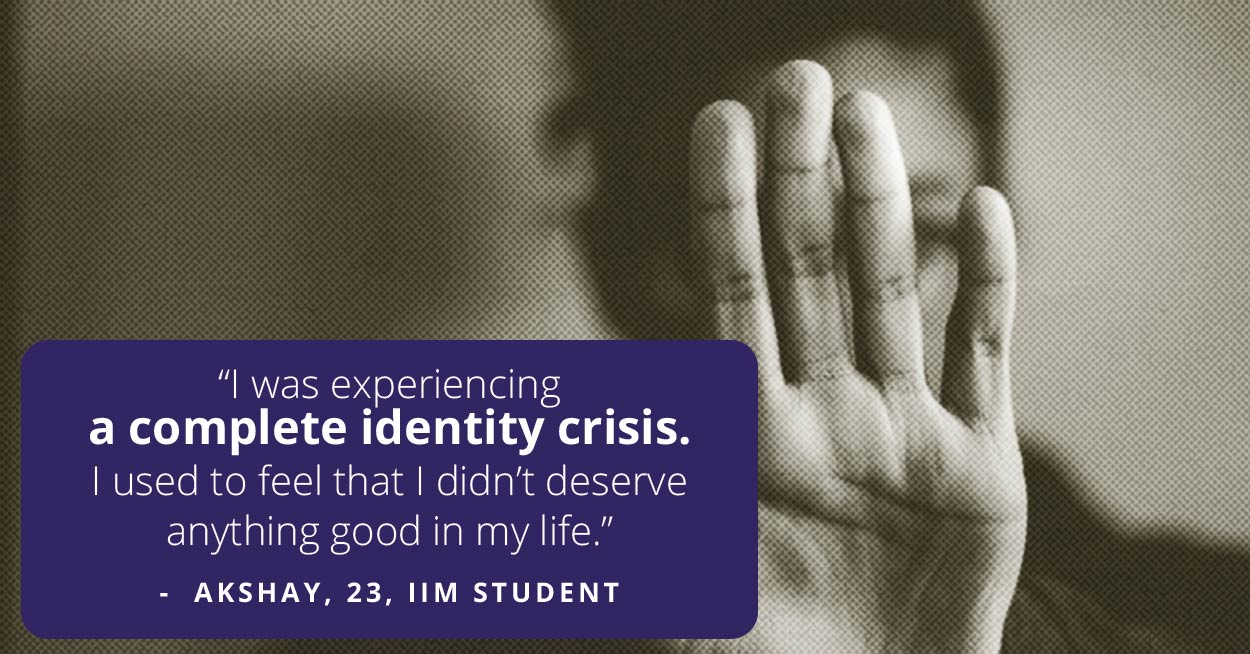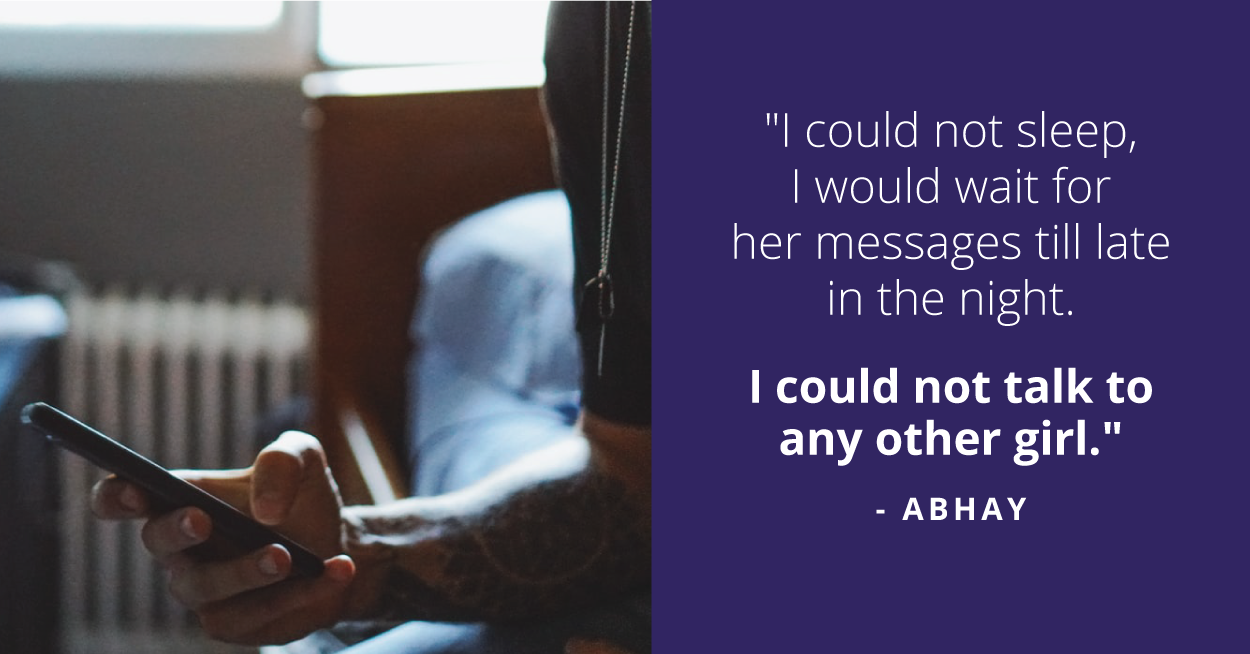Mental health is seen with a lot of stigma in our society. And that is probably because people think that if you have to go to a mental health profession, then you must be MAD. Lets see what it really means, Mental health is a level of psychological well-being, or an absence of a mental disorder; it is the “psychological state of someone who is functioning at a satisfactory level of emotional and behavioural adjustment”.
We are all human beings. And with that, we all are by birth certified to have physical, emotional, social and mental issues. If we were all good in these areas, we would be somewhere up in the heaven! So this proves that its ok to have emotional and mental problems. And if we have problems, we need solutions. Its that simple! However, unfortunately, in India and a lot of places around the world, people find it shameful to address their or other’s problems.
Seeking Help Is Not A Sign Of Weakness
Since it is considered to be a sign of weakness to take help from others especially for emotional issues. But these issues are like cold and cough. When we experience cold or cough or have fever, we immediately go to a physician. And they give us medicines. These medicines most of the time work on reducing the symptoms and to remove the root cause (virus or parasites) from the body. If the root cause is not treated, it can develop into major health issues. More over diseases and conditions such as cancer, diabetes or Heart problems etc have to be treated, by specialist doctors.
Similarly, when we have emotional issues such as anger, loneliness, feelings of sadness, nervousness and worrying or stress that persists, if not treated, will escalate into bigger problems like Personality Disorders, Depression or Anxiety and Panic attacks. These can be treated or even prevented. Suicides can be prevented, if people are helped at the right time. So there is no harm in taking help. In fact, its absolutely normal!
Mental Health Statistics
WHO predicts that 20% of Indians will suffer from mental disorders in 2020. According to a survey by National Commission of Macroeconomics and Health 2005, 5% (about 50 million people) of Indian’s suffer from depression and anxiety. And yet, less than 2% of these people (about 1 million people) have been to a professional to seek help. These affect all age groups, from infants to old people. So it is absolutely essential, that people are sensitive to their own as well as other peoples’ emotional and mental problems. And this can be done through awareness. If you or somebody you know are facing any of these problems, they need help.
In Adults, Young Adults and Adolescents:
- Muddled Thought Process
- Depression
- Extreme fluctuated feelings
- Abject anxiety, fear, and worries
- Social awkwardness and withdrawal
- Severe changes in sleeping and eating routine
- Profound feelings of anger
- Delusions
- Hallucinations
- Discomfort and incapable in dealing with day-to-day issues
- Suicidal thoughts
- Various unexplained physical ailments
- Substance abuse
In Older Children and Pre-Adolescents:
- Substance abuse
- Inability to cope with problems and daily activities
- Changes in sleeping and/or eating habits
- Excessive complaints of physical ailments
- Changes in ability to manage responsibilities – at home and/or at school
- Defiance of authority, truancy, theft, and/or vandalism
- Intense fear
- Prolonged negative mood, often accompanied by poor appetite or thoughts of death
- Frequent outbursts of anger
In Younger Children:
- Changes in school performance
- Poor grades despite strong efforts
- Changes in sleeping and/or eating habits
- Excessive worry or anxiety (i.e. refusing to go to bed or school)
- Hyperactivity
- Persistent nightmares
- Persistent disobedience or aggression
- Frequent temper tantrums
Here is a link to help you recognize warning signs: http://www.mentalhealthamerica.net/recognizing-warning-signs
If these are some problems you are facing, you probably need to see a counsellor or mental health professional. These can be worked upon. Counsellor will generally help you to identify some of your deep rooted emotional problems, and help you to overcome them and become more resilient in facing life’s challenges.
We are all going to face challenges in life, so lets make ourselves strong enough to fight them. Therefore, in conclusion, please keep in mind that in view of the above cited issues, it is very normal and sometimes essential to approach a counsellor or a mental health professional to sought out these issues. And hence, attaching stigma will impede problems and aggravate such issues.



